Funder: Water Resource Commission and PICP industry partners
Duration: 2021 - 2023
Team: Neil Armitage, Charles Teta, Kirsty Carden
Partners: University of Witwatersrand
The overall aim of this project is to develop ‘user-friendly’ guidelines for the design, construction and maintenance of permeable interlocking concrete pavements (PICP) in South Africa
- Identifying the most appropriate PICP designs for South African conditions.
- Identifitying the effective maintenance equipment and methods.
- Dveloping ‘User-friendly’ guidelines for the design, construction and maintenance of PICP in South Africa.
Funder: Water Resource Commission
Duration: 2021 - 2023
Team: Bamidele O Fagbayigbo, Mohamed Aqiel Dalvie, Amber Abrams, Kirsty Carden, Charles Teta
The overall aim of the project is to conduct health assessment and identify the percentage exceedance of HIV/AIDS and the use of antiretroviral drugs in wastewater and surface waters against standard regulatory limit to determine the public health risk. The infomation from this studty will provide information for assessing the public health implications and non-point sources of ARVDs into aquatic system.
Aim
- To conduct a systemic literature reviews on reported levels and distribution of selected ARVDs in water bodies including waste water, surface water, drinking water and ground water in Africa. Currently studies have been conducted in South Africa, Kenya, Zambia, Nigeria, Ghana, Zimbabwe and Congo but other countries for which data become available during the review period will be included.
- To conduct health risks assessment on ARVDs in water resources using Weibull probabilistic risk assessment tools to estimates percentage exceedance in South Africa and in 2 other African countries with the highest and lowest ARVD levels.
- To forecast and model future scenarios of ARVDs including increased use and drought conditions in South Africa and the other 2 African countries.
Funder: BRGM (the French Geological Survey)
Duration: 2021 - 2022
Team: A/Prof. Kirsty Carden
Explores Contaminants of Emerging Concern (CECs) in groundwater.
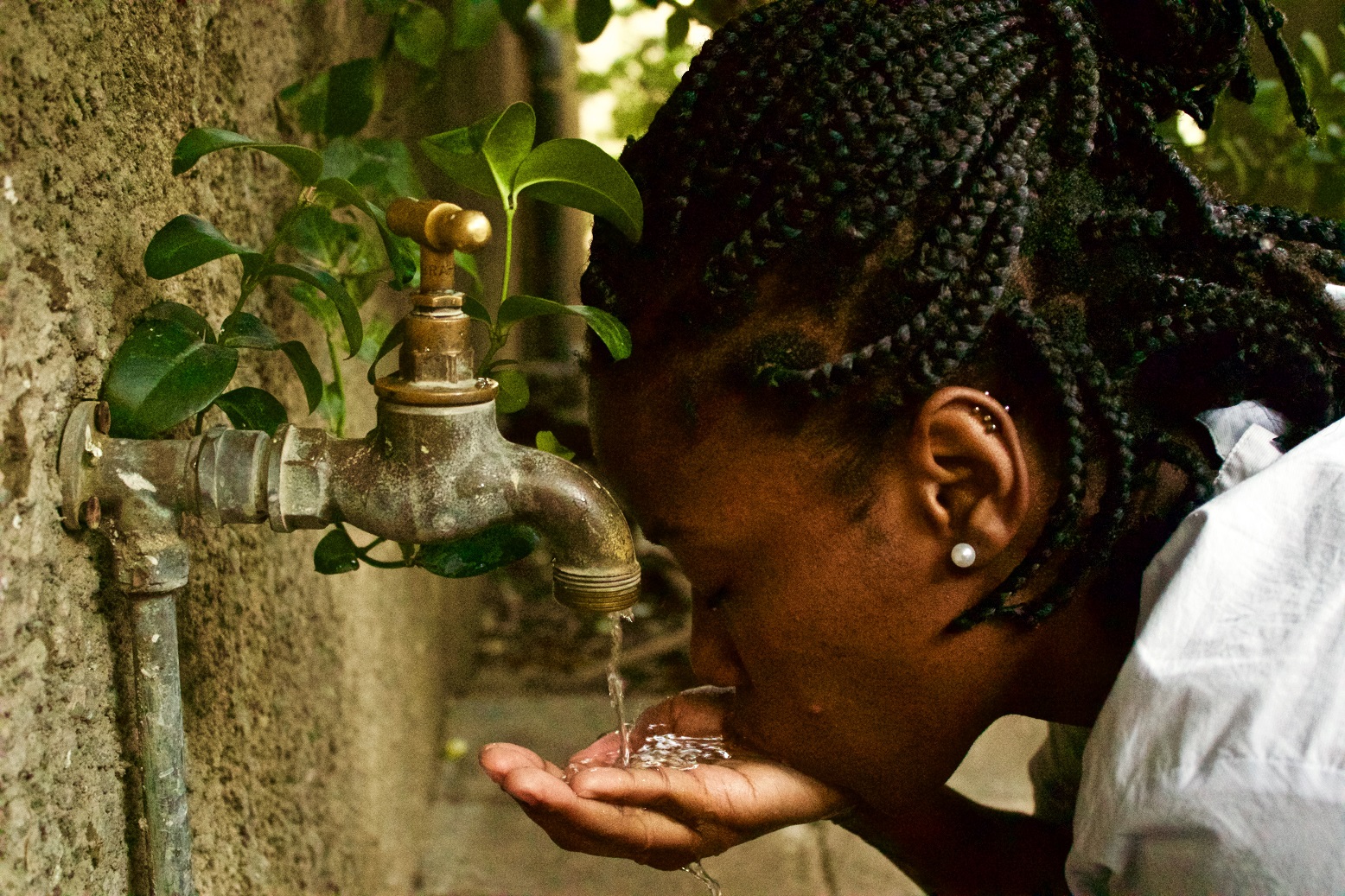
Funder: UKRI GCR
Duration: 2020 - 2022
Team: Tsitsi. J. Mpofu-Mketwa, Kirsty Carden, Amber Abrams
UKRI GCRF Water and Fire is a collaborative, interdisciplinary project which aims to work with local knowledge to better understand community and individual responses to climate-change induced crises in the Cape Flats area of South Africa. Funded by the UKRI GCRF, it involves a
partnership between the University of Stirling, the Sustainable Livelihoods Foundation, the University of Cape Town, and the University of the Western Cape. Read more.
Read the 'From Zero to Hero: Champions of resilience during the Cape Town water crisis, beating Day Zero in Delft' article that was written by one of the post-docs working on the Water and Fire project, to share the impacts of 'Day Zero' on the residents of the Cape Flats.
Funder: Global Challenges Research Fund (GCRF)
Duration: 2020 - 2022
The RESBEN project aims to develop a deeper understanding of the co-benefits of water treatment as a catalyst to drive interventions and solutions that unlock many SDGs. This project builds on research using nature-based processes to clean and treat water from contaminated surface water runoff from an informal settlement. The study site at the Water Hub, Franschhoek, is a research and innovation centre that has been chosen for the development of ASA in the RESBEN project; this includes laboratory experiments used to analyse bioprocesses in filter systems and risk assessments for the reuse of treated water for irrigating edible crops. Thus far, data gathered includes water quality data, mass balances, nutrient degradation, flow rate and retention time, but stakeholder analysis, risk assessment and governance are areas of the study that require more attention.
Funder: Nuffic
Duration: 2019 -2022
Team : Prof. Kevin Winter
Partners: UDelft, Wateropleidingen/World Water Academy (delegated project manager), HS Rotterdam, CEW Leeuwarden and Waterschap Brabantse Delta on the Dutch side and University of Cape Town, Durban University of Technology, Salga, City of Cape Town and Ethekwini from South Africa.
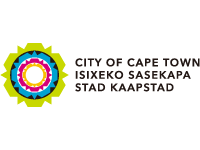
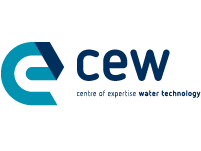

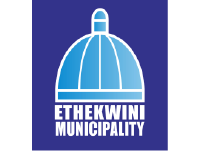


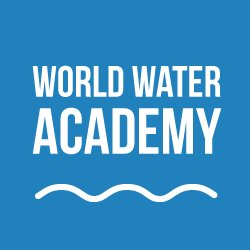
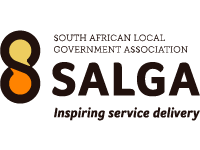
Read the project report from a TU Delft student team from their time at Future Water; guide for assessing the physical characteristics of stormwater ponds
Funder: Future Water
Duration: 2019 - 2022 (manuscripts in preparation)
Team: Amber Abrams, Taherah Asmall (MPH student, co-supervised by A. Dalvie and A. Abrams)
Duration: 2020 - 2021
Team: A/ Prof. Kirsty Carden
Future Water is partnered with the Cooperative Research Centre for Water Sensitive Cities Institute at Monash University and with Aurecon to apply the Water Sensitive Cities transition planning process to Cape Town, South Africa. Read more about these efforts here.


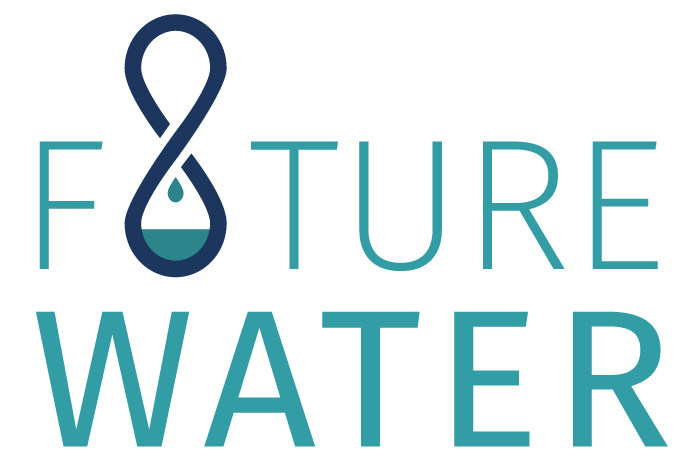
Funder: DANIDA Strategic sector collaboration program Phase 2
Duration: 2019 - 2021
Team: A/ Prof. David Ikumi, Emeritus Prof. George Ekama
Funder: Royal Society International collaboration
Duration: 2019 - 2021
Team: Prof. Kevin Winter
Partners: International network of industry/civic society-led Urban Living Labs (ULL) in four urban regions – UK (Bristol), Netherlands (Rotterdam), South Africa (Cape Town) and Brazil (São Paulo) and START
The aim of this project is to determine how a decentralised nature-based (NbS) resource recovery centre can support a transition toward a circular economy whereby critical natural resources and sustainable waste management are used to unlock multiple co-benefits and prioritises the inclusion of the urban poor. The study also looks at how to transition towards a more desirable outcome in which waste recovery is integrated into the Food, Energy and Water nexus.
The overall aim is addressed by attending to three main themes in the study:
a) An analysis of the efficiency of nature-based processes in treating contaminated surface water from an informal settlement and safe reuse for irrigating food gardens
b) a determination of the co-benefits of water reuse and resource recovery by incorporating stakeholder interests and perceptions
c) the development of indicators to inform an assessment tool for the purpose of guiding and directing governance and policy to achieve more circular economy in the Franschhoek valley.
The objectives are:
a) To analyse the performance of NbS in the treatment of contaminated water and the safe reuse of this water
b) To map stakeholder interests, agency, levels of involvement and potential to establish partnerships
c) To co-develop a more inclusive sustainable, circular economy using a framework and assessment tools to determine baseline conditions, processes, and targeted outcomes, and to test elements of the tool as proof of concept.

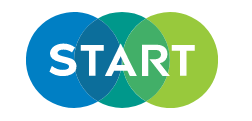

Funder: Water Research Commission
Duration: 2018 - 2021
Team: We bring together competences from architecture and design, anthropology, engineering and public health.
Academics: Dr Tom Sanya (Team Leader); Dr Kirsty Carden; Nikiwe Solomon; Dr Germaine Owen; Dr Amber Abrams; Dr John Okedi; Prof. Aqiel Dalvie
Students: Chisomo Phiri (PhD - architecture) – Faith Gara (Master’s – anthropology) – Donna Shefer (Master’s – Urban and Regional Planning) – Mari Smith (Master’s – Urban Design) – LinaLukusa (Master’s – Information Systems)
External collaborator: Oliver Keisner (sustainability entrepreneur)
It is recognised that Water Sensitive Design (WSD) can improve freshwater quality and water quantity, be restorative to ecosystems and enhance built environment amenity value. Since the Water Research Commission (WRC) published Water Sensitive Design (WSD) guidelines in 2013, much has been done in terms of contextually relevant studies for South Africa. Follow up studies have addressed the challenges to and opportunities for the implementation of WSD in South Africa. Such studies have covered, for example, rainwater (RWH) and stormwater harvesting (SWH), sustainable (urban) drainage systems (SuDS), greywater reuse and groundwater use linked to managed aquifer recharge (MAR).
Research on individual WSD technologies in South Africa has reached a pivotal level of maturation. Our aim in this study to extend the above insights with architectural and urban design investigations in context and at scale to (i) meet spatial design targets (ii) fulfil human health and neighbourhood amenity objectives (iii) deliver and protect a full range of ecosystem services; while (iv) incorporating user-perspectives and (v) working within feasible technical and financial parameters.
Objectives
-
Propose WSD interventions for regeneration of a brownfield precinct at neighbourhood and architectural scales
-
Determine, using quantitative and qualitative approaches, the estimated benefits of WSD at urban design and architectural levels (such as water saving, nutrient recovery, urban heat island and flood risk mitigation, access to recreational space and food gardens etc)
-
Develop a decision support framework for WSD
-
Develop a toolkit for residents and developers to use in piecemeal implementation of WSD
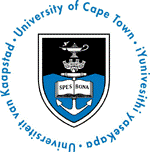


Funder: Royal Society International collaboration
Duration: 2018 - 2021
Team: Kevin Winter, Kirsty Carden, Robert Huddy, Jessica Fell
Using biofiltration cells for runoff treatment and urban food production: a test case
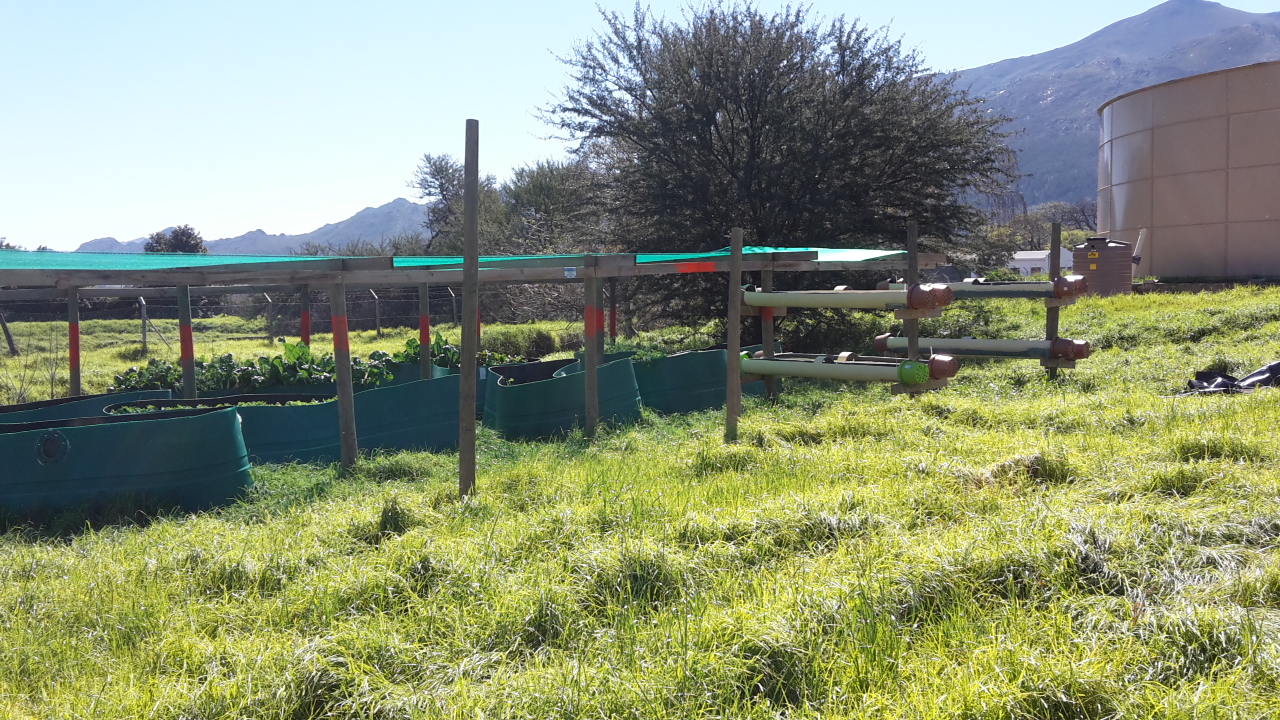
The aim of the project was to determine the performance of large biofiltration cells in treating contaminated runoff from a slum settlement and its reuse for urban food production in the water hub.




Funder: Multiple sources (i.e., Future Water, URC, etc.)
Duration: 2019 - Ongoing
Team: Dr. Amber Abrams
This project engages citizens of South Africa (especially those in Cape Town) with the aim of collaboratively developing an online interactive map of the various water samples/stories submitted to begin to develop an understanding of local water users and their perceptions of their water sources. The map provides an interactive space, where:
- Individuals can input your own water sources, and related stories, images, or efforts;
- Groups and organizations linked to water can share their projects and network with others;
- Researchers and funders can begin to understand the water-use and watery engagements landscape; and
- We can all come together around the vital resource of water, to better understand our watery needs, relations and uses.
You can learn more about how to get involved in the project, or the academic aims, or you can just visit the map and start exploring.
Funder: Knysna Municipality
Duration: 2018 - 2020
Team: Neil Armitage
Funder: Water Research Commission
Duration: 2017 - 2020
Team: Susan TL Harrison
Wastewater Biorefineries
Wastewater biorefineries (WWBR) are a response to the push towards resource recovery and the challenges encountered in that approach, while being concerned for the source of raw materials to supply the emerging bioeconomy. Read more
Duration: 2018 - 2019
Team: Susan TL Harrison
This project investigates whether fibre-rich biomass can be used to remediate degraded land in a way that is economically feasible, leading to enhanced economic complexity, the establishment of a fibre micro-industry, higher value-add in output and job creation. To do this, several environmental, chemical processing, economic and legal questions need to be answered. Read more
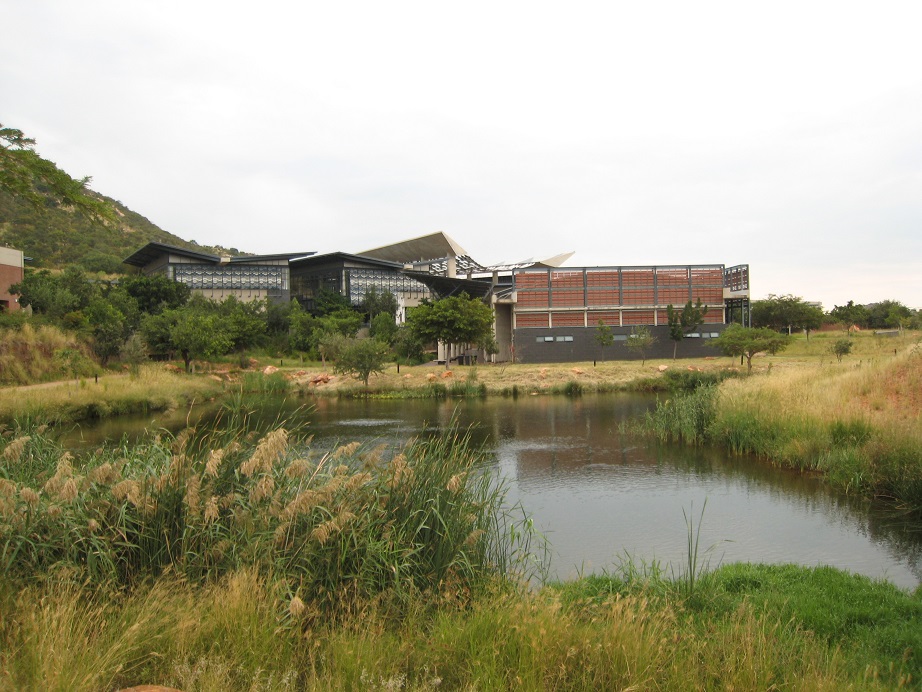
Funder: Water Research Commission
Duration: 2015 - 2019
Team: A/ Prof. Kirsty Carden
The South African framework and guidelines for WSD (Armitage et al., 2014) were published by the Water Research Commission (WRC) in 2014. At the same time, the WRC initiated a project to develop and manage a 5-year WSD Community of Practice (CoP) programme as a means of facilitating the implementation of WSD in South Africa, and specifically focused on the knowledge sharing and capacity development required to encourage a WSD shift in the water sector. This programme was led by Dr Kirsty Carden and other academics from the then Urban Water Management research unit (relaunched as the Future Water Institute) at the University of Cape Town with the first phase completed on 31 May 2019.
This initial phase of the CoP programme was successful in achieving purposeful engagement with a wider group of stakeholders and promoting knowledge integration in the field of WSD. It showed that such an approach has the potential to generate new understandings about innovative practices and reflexive learning within WSD in South Africa, and to develop knowledge connected to policy development and change to influence planning and design towards water sensitive cities.
The Phase I CoP also highlighted some gaps and/or shortcomings however, specifically in terms of the necessity for broader engagement with a wider group of stakeholders and for an expansion of the CoP (and strengthening of its profile and impact narrative) in areas other than large metropolitan cities.
Historically, water systems have been developed using a linear design approach, i.e. source, treat, transport, distribute, collect, treat and dispose. This technologically-driven and resource-intensive approach is removed from the citizens it serves, resulting in technocratic solutions and the fragmentation of the management of the urban water cycle. Water sensitive settlements require a cyclical, systems approach which, in simple terms, assumes that everything in the world is connected. Read more here about waster sensitive design.
A second phase of the programme – also led by Dr Kirsty Carden from the Future Water research institute – was thus established to run from 31 May 2019 to 31 March 2022, with the overall aim of facilitating a more widespread uptake of WSD in South Africa.


Funder: National Research Foundation (NRF)
Duration: 2017 - 2018
Team: Prof. Aqiel Dalvie
Read publication: Diarrhoea among Children Aged under Five Years and Risk Factors in Informal Settlements: A Cross-Sectional Study in Cape Town, South Africa.

Currently, the cement industry produces about 5% of all the global CO2 emissions and operates at high temperatures. Natural processes that produce bio-cement products can offer a more sustainable means for manufacturing building material.
This project focuses on growing bio-material using ingredients found in human urine.
Dr. Jenny Broadhurst
Funder: International Council for Local Environmental Initiatives (ICLEI)
Duration: 3 months
FW together with Zutari developed urban water security indicators that are applicable to African cities. The indicators are aligned to the City of Johannesburg water security strategy and they will be used as a benchmark to track the implementation of the water strategy.
The project activities include:
- Investigating and reviewing the indicators used in cities that have been benchmarked across the world for water services.
- Selecing and/or improving the relevant indicators, through workshop or discussion with the ICLEI Africa.
- Co-producing any additional indicators that can contribute to effective performance or outcome tracking, in relation to urban water systems.
- Co-establishing a detailed, understandable, and easy-to-use 5-mark rating system relevant to the city’s context.
- Co-developing a methodology for rating these indicators with urban water stakeholders.
- Use the developed methodology to co-host benchmarking workshops with relevant CoJ stakeholders to arrive at an overall rating for Johannesburg
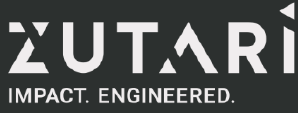


Funder: Bristol University
Duration: 3 months
Team: A/ Prof. Kirsty Carden, Dr. Amber Abrams, Dr. Charles Teta, Dr. Katinka Waagsaether
This was a 3 months desk-based project that included analysing the application WASH climate vulnerability assessment in South Africa. Key activities included the following:
- Identification of suitable case study sites where socio-hydrological research had already been undertaken to support a further assessment of climate vulnerability – also taking into account key climatic/ecological regions within South Africa to establish the geographical focus of the vulnerability assessment.
- Development of a methodology – in collaboration with colleagues at University of Bristol - for the desk- based climate vulnerability assessment that was consistent with the approach being followed in Nepal and Bangladesh.
- Interrogation of the relevant current literature on South African climate vulnerability assessments in the context of WASH.
- Undertaking the assessment in the two selected case study sites (Musunda Village in the HaMakuya Chieftaincy area in Limpopo province and Prince Albert in the Western Cape province of South Africa), and producing a report on the findings, with recommendations on future application of the methodology – as contribution to the development of global guidance for the WHO based around the South African case study.
- Contributing to joint academic outputs in the form of a journal paper and/or conference proceedings.
Read the publication: Water, Sanitation, and Hygiene Vulnerability among Rural Areas and Small Towns in South Africa: Exploring the Role of Climate Change, Marginalization, and Inequality
A pilot socio-hydrological assessment of water management was conducted in Prince Albert and Swartland municipalities to understand how local institutions have adapted to water scarcity. Read the report of the pilot socio-hydrological assessment.
This project aims to address the gap between practice and policy in the virtuous use of urban wastes for the remediation of urban soils.
Project Objectives
- Carry out research on ‘circular pedology’ (or Food-Energy-Water-based in-situ soil science), for quality assessment in the use of urban waste for soil remediation. This includes the assessment of the biological quality of the soil (pre- and post- amendments), of water for irrigation and of the vegetables grown in remediated soil and waters.
- To organise trandisciplinary dialogues and develop policy briefs to address the lack of local policy frameworks that facilitate the agroecological use of water and waste in the bioremediation of urban damaged soils to render them fit for food production.
The project aims
- To provide evidence of quality assessment for the agroecological remediation of urban damaged soils;
- to raise global awareness around soil care and stewardship;
- to gather an overview of existing best practices in soil remediation aligned to agroecological principles;
- to provide guidance for public policy.
Outputs
- Four online transdisciplinary dialogues
- Project report/Policy brief
- Three documentaries
- Concluding dissemination event
- Two open access academic publications

Funder: Water Research Commission
Team: A/ Prof. Kirsty Carden
We facilitate the widespread implementation of Water Sensitive Design in South Africa through knowledge sharing, capacity development and stakeholder engagement activities to create a water sensitive design community of practice.
Activities that form part of the Phase II programme are as follows:
* Water Sensitive Design & Planning (WSD&P) training events (3 per year) – specifically in locations outside of metropolitan areas. Participants are drawn from engineering, town planning, urban design, architecture / landscape architecture, stormwater management, development planning, and environmental management professions within the target towns. The overall objective of the training session is to build an understanding of the concepts and principles of WSD and Sustainable Drainage Systems (SuDS) – and the planning for these – and to demonstrate how a vision and practice for Water Sensitivity can be developed in the southern African context. In this regard, the training facilitates and stimulates new ideas and innovation in the southern African context to expose participants to the benefits of WSD&P. Reporting on the training and follow-ups of the ‘lived experiences’ of participants, in order to gauge the impact of the training is thus an important aspect of the programme.
* Strengthening the WSD CoP, both in terms of its online presence and in expanding to new areas around the country, so that it has a stronger national footprint.
* Supporting postgraduate students through postgraduate scholarships, support for attending conferences, research assistance-ships etc.
Some training activities take place in collaboration with the Centre for Science and the Environment (CSE), India (https://www.cseindia.org/page/school-waterwaste) and i@Consulting (Pty) Ltd – with the Future Water Institute, UCT as the Project Lead. The training partnership with CSE India was established in 2017 with the specific aim of broadening the impact of the Water Sensitive Design capacity-building component of the CoP; in particular, by introducing practical elements on rainwater harvesting and decentralised wastewater treatment from a developing country perspective (further details of the impact of this collaborative training will be provided later in the report). CSE India is a public interest research and advocacy organisation based in New Delhi, set up to act as a Centre of Excellence in the area of sustainable urban water management. The collaboration with them enables the sharing of solutions with other countries in the developing world (including other African countries also) that engage in common struggles around meeting the water and wastewater treatment needs of urban and rural populations which are affordable and sustainable.
The inclusion of the consulting firm, i@Consulting, in the team was an attempt to expand the WSD training to include spatial planning aspects; specifically to share the findings of WRC Project K5/2587 ‘Securing water sustainability through innovative spatial planning and land use management tools: A case study of two local municipalities in South Africa’, which resulted in the development of a framework and guidelines for water sensitive spatial planning in South Africa.